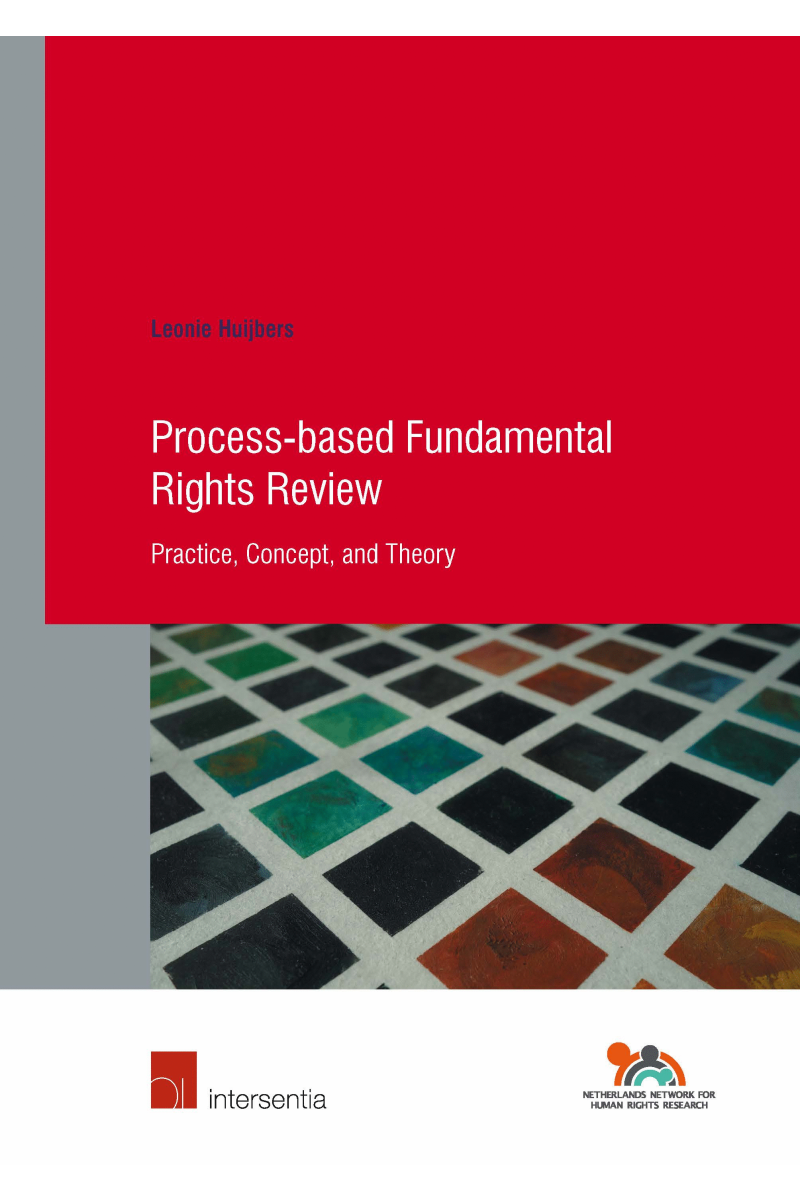 maestro
mastercard
visa
maestro
mastercard
visa

Process-based Fundamental Rights Review
Practice, Concept, and Theory

Courts regularly rely on process-based fundamental rights review. This means that they examine the diligence, fairness, and quality of legislative, administrative, and judicial procedures to determine whether fundamental rights have been violated. However, despite the frequent application of such review in practice, important questions about the meaning and value of procedural reasoning arise. Do courts provide sufficient protection of substantive rights when taking a procedural approach? Can they safeguard values of deliberative democracy and the rule of law through procedural reasoning? And can they rely on process-based review to avoid morally sensitive issues and cases concerning hard policy choices?
This book engages with such questions with the aim of uncovering the potential and limitations of procedural reasoning in fundamental rights cases. To this end, it first discusses a number of concrete examples of application of this review by various courts. It then develops a context-independent definition of process-based fundamental rights review, which acknowledges the various uses of this type of review. On this basis, the book finally discusses the wide-ranging theoretical debates concerning procedural reasoning and identifies underlying explanations for the different views on the topic.
The resulting in-depth and nuanced understanding of process-based fundamental rights review will support courts in developing well-balanced procedural approaches, and will assist scholars in studying procedural reasoning more systematically.
'Leonie M. Huijbers has produced a sound and thorough analysis of process-based fundamental rights review, [...]' -- Susana de la Sierra, EU Law Live, 2020
'Huijbers' monograph is more than a thorough and well-analysed study. It is an essential and future-oriented tool for courts to consider the merits and appropriateness of process-based review for fundamental rights adjudication, to become aware of the different manifestations of this type of review, and to be aware of the dangers.' -- Catherine Van de Heyning, European Convention on Human Rights Law Review, 2021
| Type of product | Book |
|---|---|
| Format | Paperback |
| EAN / ISSN | 9781780688879 / 9781780689289 |
| Series name | Human Rights Research Series |
| Weight | 800 g |
| Status | Available |
| Number of pages | xx + 466 p. |
| Access to exercice | No |
| Publisher | Intersentia |
| Language | English |
| Publication Date | Nov 8, 2019 |
| Available on Strada Belgique | No |
| Available on Strada Europe | No |
| Available on Strada Luxembourg | No |
Downloads
- Table of Contents and Preliminary Pages
Leonie Huijbers - INTRODUCTION
- Chapter 1. Introduction
Leonie Huijbers - PART I. The Practice of Process-Based Fundamental Rights Review
- Introduction to Part I
Leonie Huijbers - Chapter 2. Process-based Fundamental Rights Review of Legislative Procedures
Leonie Huijbers - Chapter 3. Process-based Fundamental Rights Review of Administrative Procedures
Leonie Huijbers - Chapter 4. Process-based Fundamental Rights Review of Judicial Procedures
Leonie Huijbers - PART II. The Concept of Process-Based Fundamental Rights Review
- Introduction to Part II
Leonie Huijbers - Chapter 5. Conceptualising Process-based Fundamental Rights Review
Leonie Huijbers - Chapter 6. Operationalising of Process-based Fundamental Rights Review
Leonie Huijbers - PART III. The Theory on Process-Based Fundamental Rights Review
- Introduction to Part III
Leonie Huijbers - Chapter 7. Debates Concerning Process-based Review and the Rule of Law, Deliberative Democracy, and Institutional Judicial Restraint
Leonie Huijbers - Chapter 8. Debates Concerning Process-based Review and Procedural Mandates, Judicial Standard-setting, and Fundamental Rights Protection
Leonie Huijbers - Chapter 9. Debates Concerning Process-based Review and Neutrality, Hard Cases,Judicial Expertise, and Epistemic Uncertainties
Leonie Huijbers - CONCLUSION
- Chapter 10. Conclusion
Leonie Huijbers